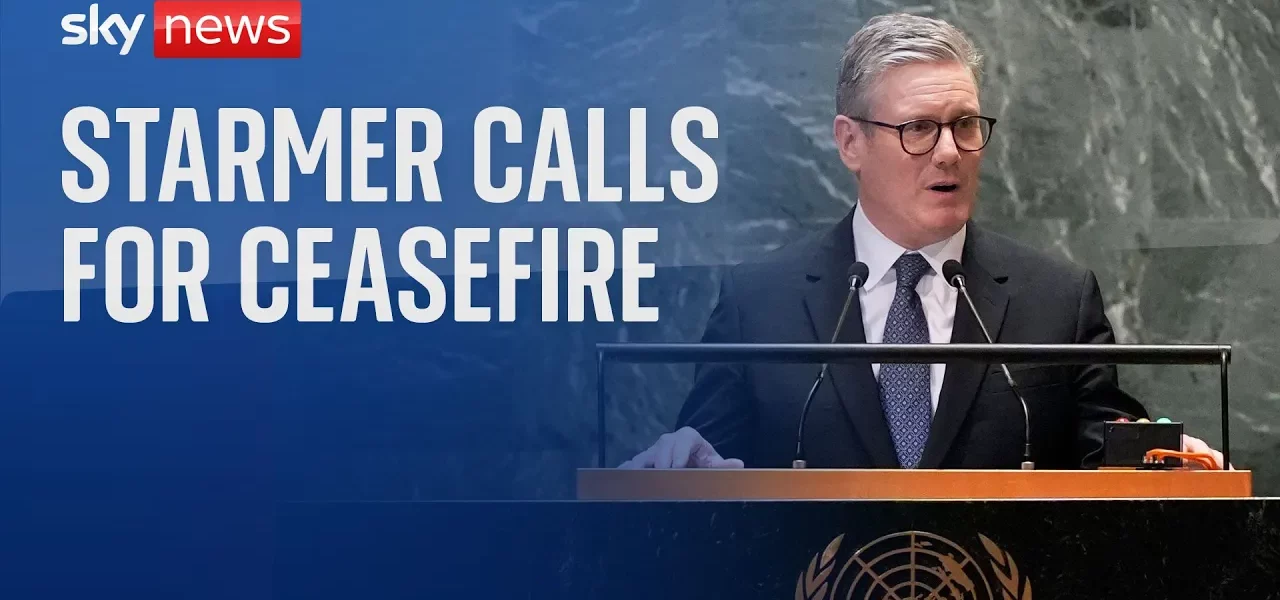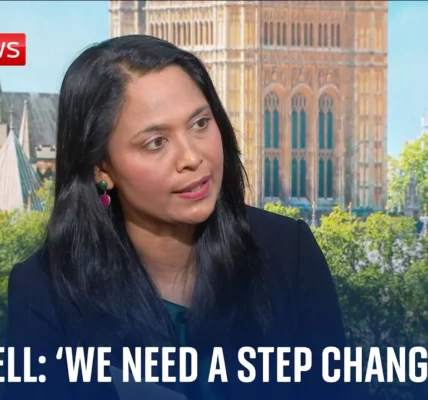Returning the UK to Responsible Global Leadership

This article delves into the escalating conflicts worldwide, the resulting humanitarian crises, and the urgent need for global cooperation and responsible leadership, particularly from the UK.
Introduction
In recent times, the world has witnessed an unprecedented rise in conflicts, affecting more nations than ever before. From Gaza to Ukraine, these conflicts are not merely distant events; they have profound humanitarian implications that resonate globally. The vast majority of humanitarian needs today stem from these conflicts, marking a significant setback in the progress achieved over the past two decades in combating poverty and disease. This situation demands a reconsideration of international approaches, particularly the UK’s role on the global stage.
The Current State of Global Conflicts
Conflicts are erupting across various regions, leading to immense suffering and humanitarian crises. Key areas of concern include:
- Gaza: The ongoing violence has led to a dire humanitarian situation, with calls for immediate ceasefires and humanitarian aid.
- Ukraine: The war has displaced millions and caused widespread destruction, necessitating international support and diplomatic efforts.
- Middle East: Tensions in this region have a ripple effect, influencing global stability and security.
- Sudan and Myanmar: These nations face internal conflicts that exacerbate poverty and suffering.
- Yemen: The ongoing war has created one of the world’s worst humanitarian crises.
Understanding the dynamics of these conflicts is crucial for developing effective responses and solutions.
The Humanitarian Toll of Conflict
Impact on Civilians
Conflict disproportionately affects civilians, leading to loss of life, displacement, and severe psychological trauma. Key impacts include:
- Increased mortality rates due to violence and lack of medical care.
- Displacement of populations, creating refugees and internally displaced persons who lack basic necessities.
- Long-term psychological effects on individuals, especially children who grow up in war-torn regions.
Global Humanitarian Needs
The rise in conflicts has led to a surge in global humanitarian needs. The international community must prioritize:
- Providing emergency aid to conflict-affected populations.
- Establishing long-term solutions to address the root causes of conflict.
- Enhancing international cooperation to tackle these challenges collectively.
The Role of the UK in Global Leadership
A Call for Responsible Leadership
The UK’s government has a critical role in addressing global challenges through responsible leadership. This involves:
- Reaffirming commitment to international law and the United Nations.
- Promoting diplomacy as a primary tool for conflict resolution.
- Engaging with global partners to foster stability and peace.
Addressing Root Causes
To effectively combat global challenges, the UK must recognize that:
- National missions are interconnected with international events.
- Solutions to poverty, climate change, and migration must be addressed at their source.
- Collaboration with other nations enhances Britain’s security and prosperity.
Path Forward: Diplomacy and Cooperation
Immediate Actions Needed
Immediate actions are essential to prevent further escalation of conflicts, particularly in the Middle East:
- Call for an immediate ceasefire between conflicting parties.
- Facilitate diplomatic negotiations to achieve long-term stability.
- Ensure the unfettered flow of humanitarian aid to affected regions.
Long-Term Strategies
Beyond immediate actions, long-term strategies must be implemented to foster peace and security:
- Invest in conflict resolution and peacebuilding initiatives.
- Strengthen international alliances to promote collective security.
- Encourage sustainable development to address the root causes of conflict.
Conclusion
The current landscape of global conflicts presents a formidable challenge that requires urgent attention and action. The UK has a unique opportunity to lead by example, promoting responsible global leadership and international cooperation. By addressing the root causes of conflict and committing to diplomatic solutions, we can pave the way for a more peaceful and just world. It is imperative that we act now, not just for the sake of those suffering abroad, but also for our own future stability and prosperity. Let us work together to create a better tomorrow.
Explore more about global cooperation and conflict resolution strategies.
“`




